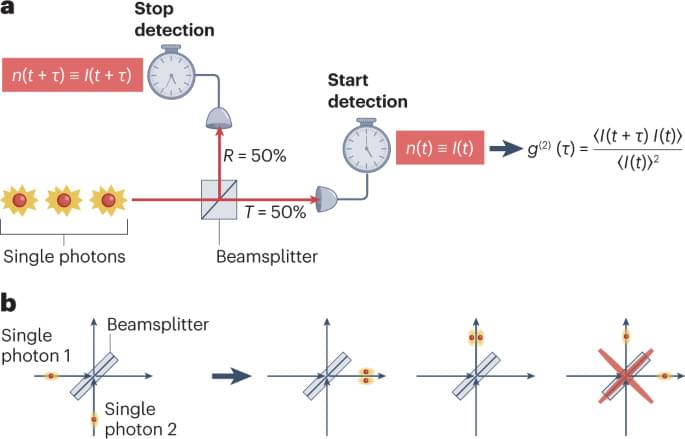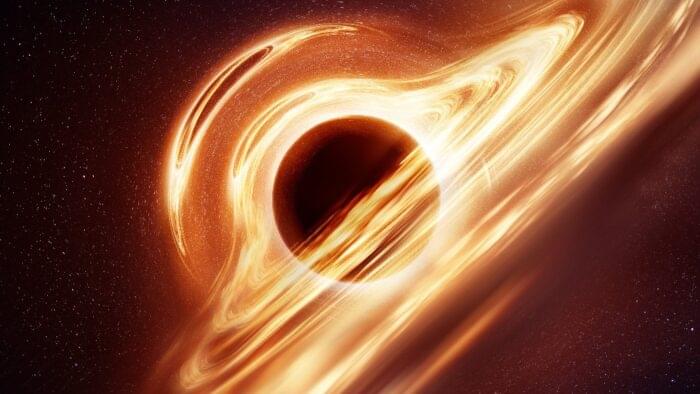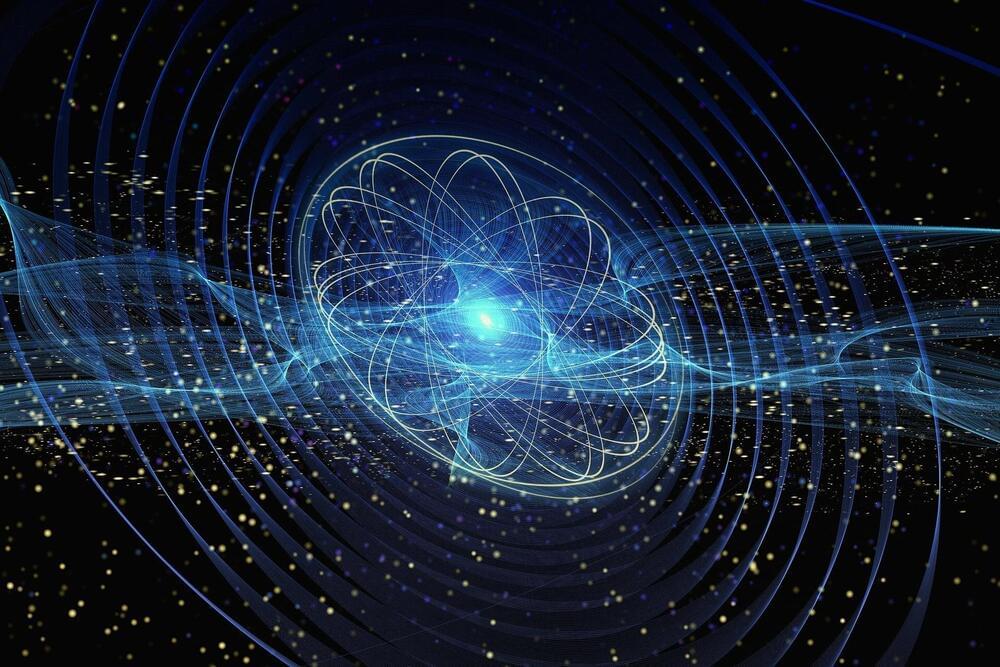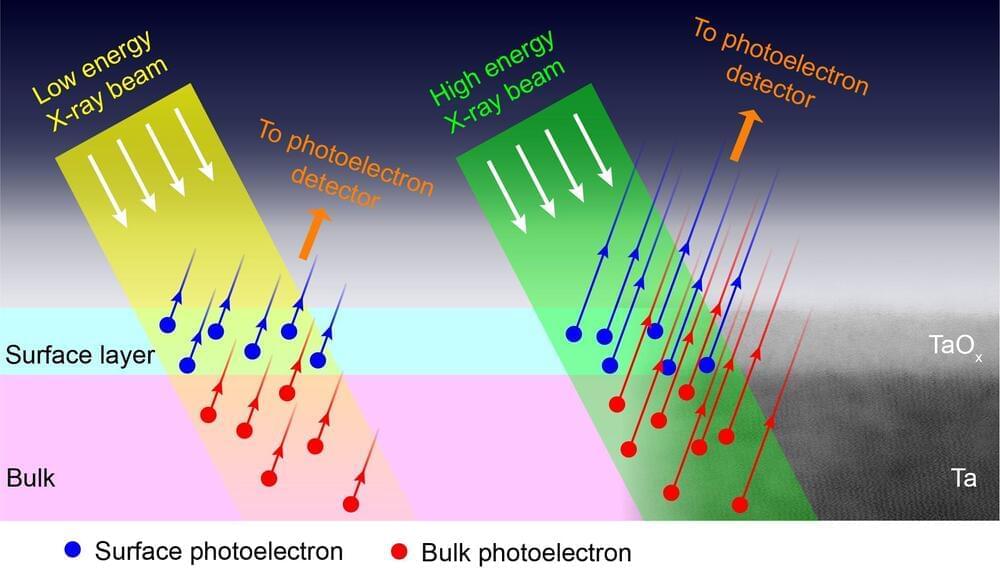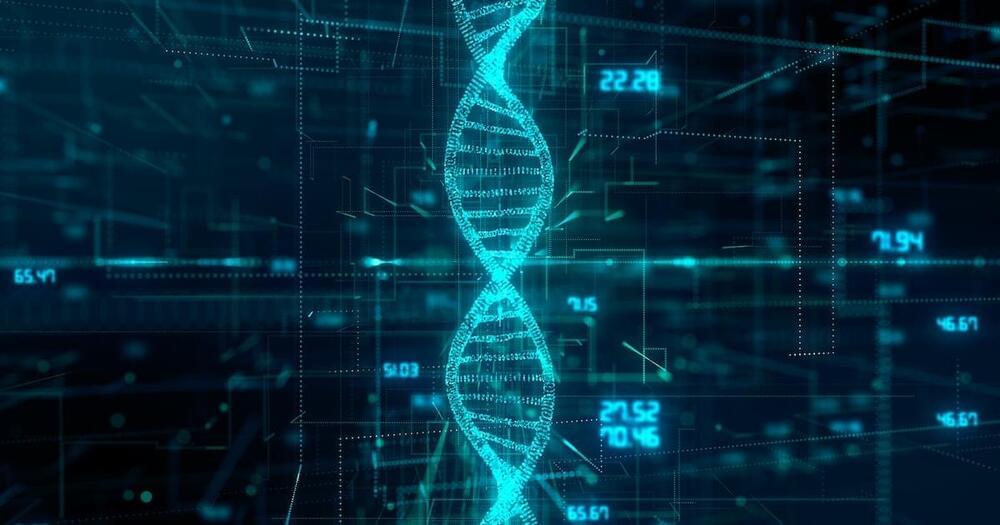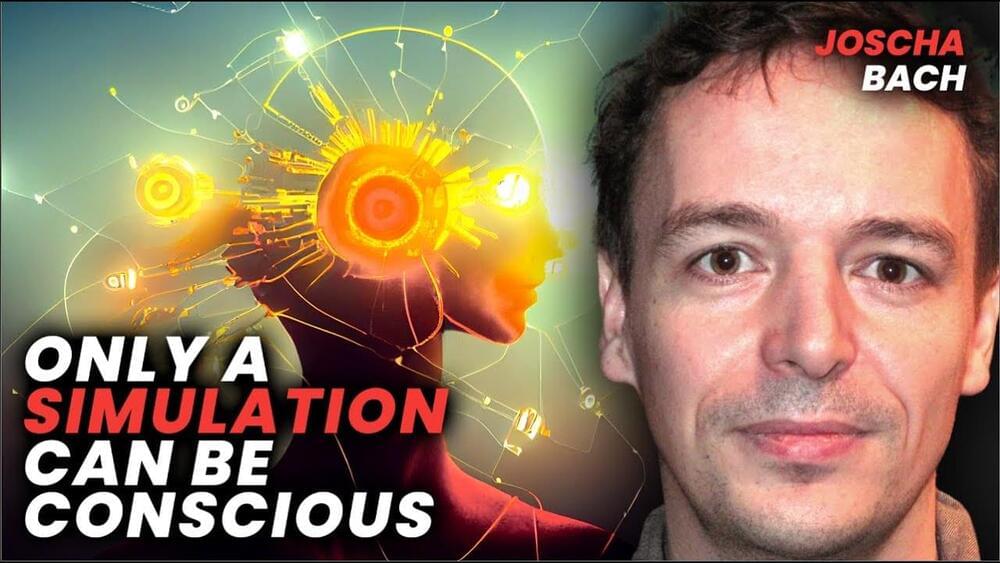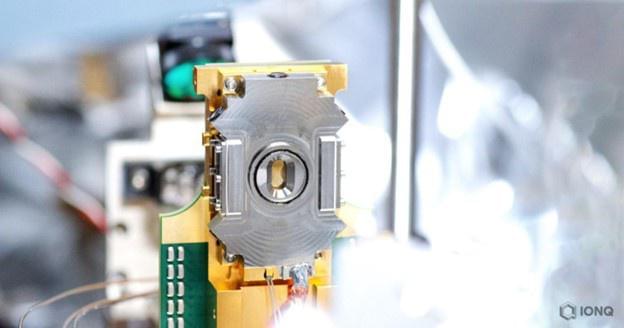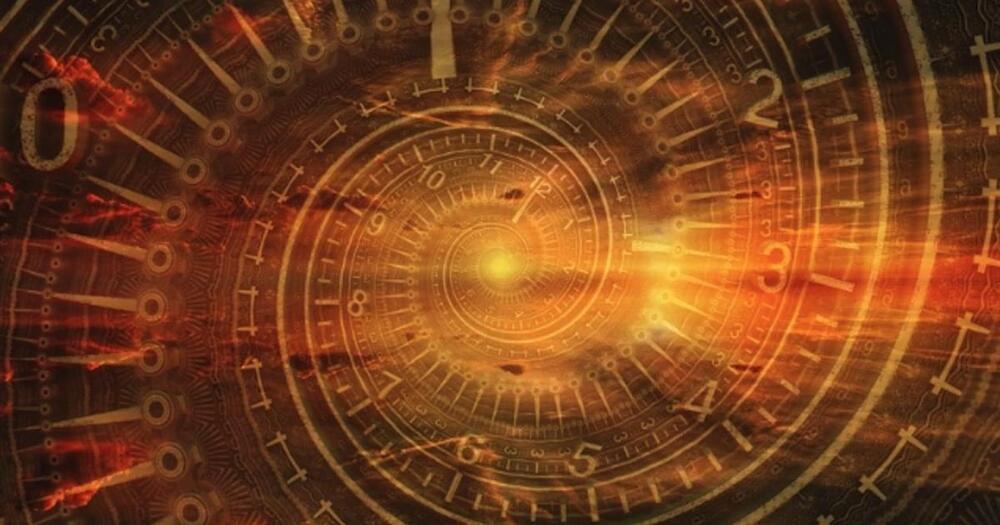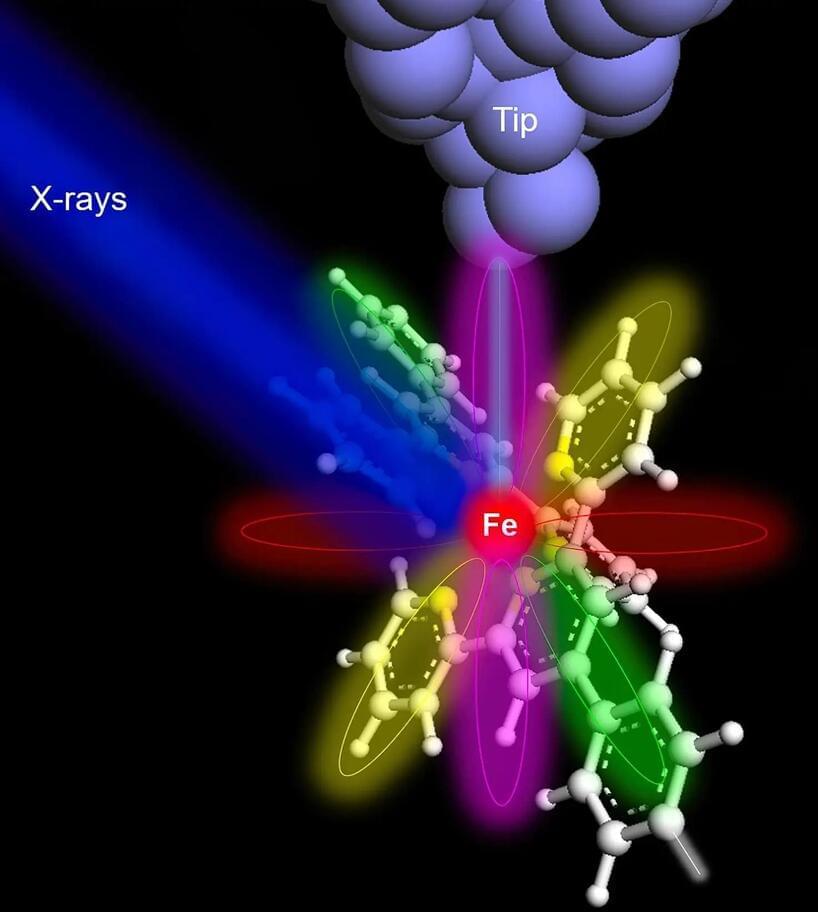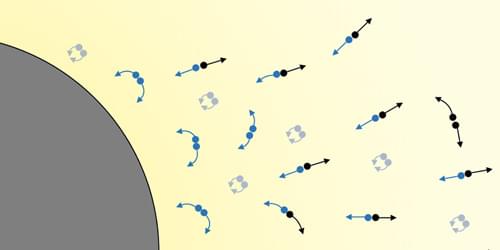
The quantum fluctuations that pervade empty space spontaneously give birth to pairs of particles and antiparticles. Ordinarily, these pairs annihilate so promptly that their existence is virtual. But a powerful field can pull a pair’s members apart for long enough that their existence becomes real. In 1951 Julian Schwinger calculated how strong an electric field needs to be to beget electron–positron pairs. Now Michael Wondrak and his colleagues of Radboud University in the Netherlands have proposed that particle pairs can be brought into existence by the immense gravitational tidal forces around a black hole [1].
Wondrak and his colleagues considered all the paths a pair of virtual particles could take during their brief existence. If the vacuum is stable, all pairs that are created are also destroyed. But a strong field destabilizes the vacuum, makes some paths more likely than others, and leads to a deficit of pairs that recombine. The deficit is balanced by a net outflow of real particles, which, in the case of a black hole’s gravitational field, leads to the black hole’s eventual evaporation.
The theorists’ approach is sufficiently general that it could reproduce not only Schwinger’s effect but also Stephen Hawking’s 1974 proposal that if a particle–antiparticle pair springs into virtual existence near a black hole’s event horizon, one member could fall in while the other escapes. What’s more, the researchers found that Hawking’s effect is a special case of a more general phenomenon. Pulling virtual particles into existence depends only on the stretching of spacetime wrought by a curved gravitational field and does not require an event horizon as Hawking originally suggested. One intriguing implication is that a neutron star, whose Schwarzschild radius lies beneath the stellar surface, can also beget particle pairs and decay.
